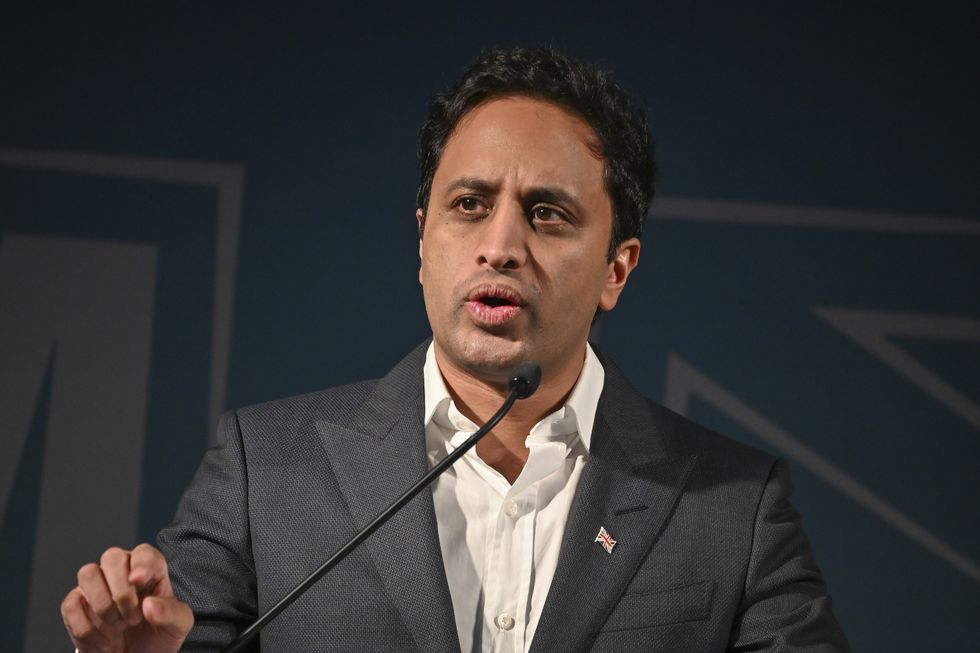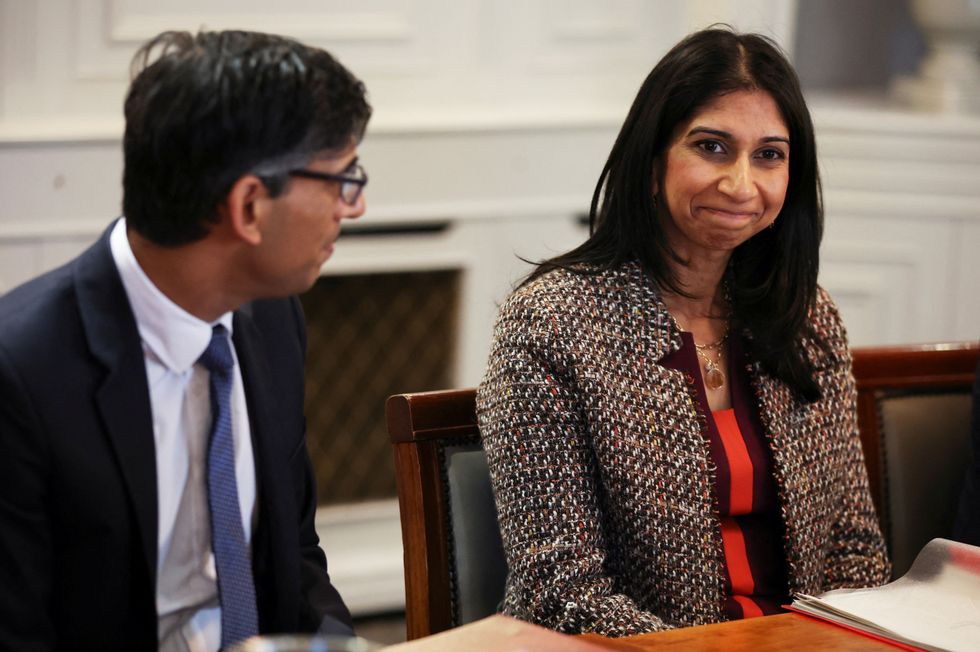AN AID watchdog has raised concerns over questionable funding in some Indian projects – including a cosmetics company and social media platforms featuring content in support of Hamas’s attacks on Israel, the abuse of women and offers of sexual services.
The Independent Commission for Aid Impact (ICAI) said it works to improve the quality of UK development assistance through independent scrutiny.
A report released last Thursday (18) said while the UK has taken steps to improve aid to India’s focus on poverty reduction, there are “serious concerns” over the suitability of some investments made by the British International Investment (BII). It is a public limited company owned by the Foreign, Commonwealth and Development Office (FCDO).
In April 2023, BII chief executive Nick O’Donohoe sought to reassure parliament’s International Development Committee that, following concerns about an investment in a cosmetic surgery clinic, future investments in India would only be made if there was a “compelling argument” on inclusion and sustainability.
However, the aid watchdog said in its report last week that imminently after that statement, it found that BII invested via the India Quotient Fund in businesses that included a cosmetics company, three social media sites and a debt collection business.
ICAI chief commissioner, Dr Tamsyn Barton, who led the review, said: “Given how difficult it is to moderate large social media platforms to remove harmful content, we have to question why BII chose to invest in the India Quotient Fund and did not consider the reputational risk.
“How is this an appropriate investment for UK aid, which must have poverty reduction as its goal? It is just not clear why the use of capital from UK taxpayers is justified for investments in social media sites.”
As India’s economy has grown, Britain has moved away from funding traditional poverty-focused aid projects in the country.
However, the UK still provides aid in the form of development investment and research partnerships.
Between 2016 and 2021 a sum of £1 billion was invested by BII. And from 2017 to 2021, the UK government provided £2.8 billion of aid capital to BII for investment in businesses in low- and lower-middle-income countries.
In 2023 BII invested $8 million in India Quotient Fund IV; BII’s website said the fund invests in “agri-tech, fin-tech, SaaS [software as a service] for SMBs [small and medium-sized businesses]”.
According to the aid watchdog, on one of the social media sites, ShareChat, ICAI found content featuring abuse of women, offers of sexual services, and glorification of Hamas’s attacks on Israel.
ICAI acknowledged that BII provided content moderation training and processes for ShareChat, but noted it is “extremely difficult” to identify, remove and prevent all harmful material.
Investment in social media sites where harmful content can easily be posted opens BII up to reputational risk, ICAI said. It added that other investments from the same fund that do not receive direct investment from BII, but that create reputational risk “by association”, include dating sites.
At the time of the aid watchdog’s review, 28 per cent of its portfolio was invested in India.
These included clean energy investment and funding for electric vehicles.
ICAI said it welcomed FCDO’s commitment to supporting Indian civil society groups in areas such as court reform, LGBT+ rights and digital media.
However, the watchdog added that further development was needed to ensure aid goes where it is most needed and supports inclusive economic growth.
Barton said, “While we have seen some positive progress in response to other recommendations on UK aid to India, including on tackling climate change and engaging with civil society groups, we are clear that to be effective the portfolio must be coherent and take into account the needs of poor and marginalised people so that they get the benefit of India’s economic growth.”
BII said on its website that it employs 600 people in 11 offices across Africa and Asia. Since 2017 it has made a positive portfolio return and committed more than £9 billion into new investments in support of development and to tackle climate change.
In response to the aid watchdog’s report, BII said, “ICAI recognises our new approach in India and its convincing links to poverty reduction.
“Backing local entrepreneurs to solve ingrained development challenges is a key part of this.”
It added, “The investments highlighted by ICAI, tackle digital exclusion and economic barriers to gender equality. ShareChat offers services in 14 regional languages, helping the digital inclusion of millions of non-English speaking Indians.
“In common with all social media networks, it has a tiny fraction of its users who may post offensive content. The company employs 150 content moderators (more than Twitter, which has exponentially more users) as well as cutting-edge AI techniques to remove offensive content as quickly as possible.
“Sugar Cosmetics is a woman-led manufacturing business with women comprising about 70 per cent of its workforce in a country where the average female labour force participation rate is 28 per cent.
“BII has investments in over 1,500 companies. When we take investment decisions, we place greater importance on the potential economic, social and environmental upside they can deliver, rather than the potential reputational downside to BII as an organisation.”




















 Zia Yusuf
Zia Yusuf
 Sunak with Boris Johnson
Sunak with Boris Johnson Sunak with Suella Braverman
Sunak with Suella Braverman